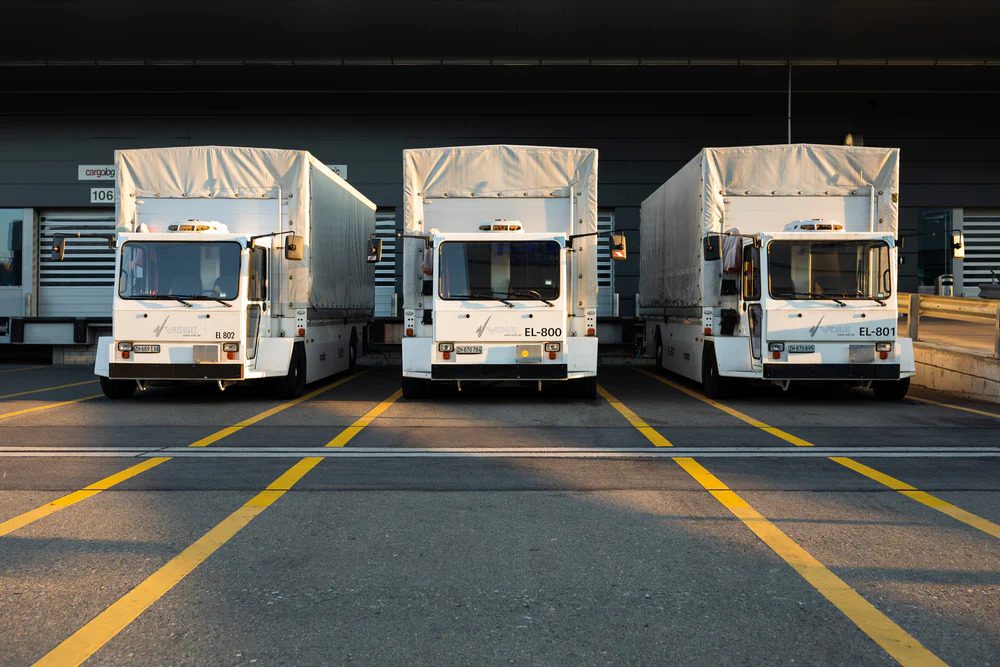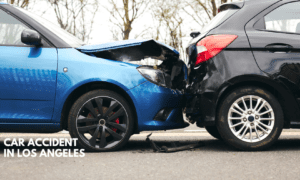When you are managing a fleet of vehicles, whether it is a vehicle rental company or your organization happens to have a lot of cars in its own fleet, there are so many things that you need to keep an eye out for. What complicates matters with fleet management is that while damage to the vehicles is one concern, the well-being of your driving staff is a more pressing matter. Road accidents can happen to anyone at any time but the fact that your vehicles and drivers are probably spending a lot of time on the road drastically increases the chance of them being in an unfortunate incident. Road accidents can often leave people with permanent injuries and in the worst-case scenarios they can even be fatal.
Moreover, as you have your vehicles and your staff moving all over the city or even country, it can be difficult to get to them in time, in the case that an accident occurs. To add to all of these concerns is the problem of the materials or the people that your vehicles are moving around. Keeping your fleet safe is also about protecting the assets that are onboard the vehicles.
Here are a few things that you can do to reduce operational costs and also help keep your people safe while they drive.
1) Hiring
Many people make the mistake of hiring staff that aren’t competent enough to operate a commercial vehicle. Simply being able to drive and being able to drive a commercial vehicle full-time are two completely different things. While having a commercial license is one thing, you want to make sure that your drivers are certified to operate the vehicles that you want them to use. Commercial vehicles come in many forms and sizes and the driver’s license alone is not enough to qualify a driver as being the right choice for a certain kind of vehicle. Ideally, you want to hire someone who has prior experience, while this can be more expensive, it can help you get much better results than hiring someone for whom this will be the first job. It takes time to train people and the chances of an accident and other problems are much higher with fresh recruits.
2) Aftermarket Security
Most modern commercial vehicles come with a range of safety systems and electronic features that are designed to keep the vehicle and the driver safe. Though these alone might not be enough if you are using your vehicles extensively. Moreover, these systems are designed to help the cabin crew stay safe and are not ideal for a fleet manager. As a manager, you want to know things that can be provided by GPS tracking for your fleet which tells you the location as well as other statistics about the vehicle. In fact, the latest systems can even show you live stats about the fuel consumption, they can calculate the more fuel efficient routes, and they can also show the status of the onboard cargo. Moreover, through online cameras, you also get a view of what the driver is looking at and you can even have surveillance cameras installed in the cabin to see what’s happening inside the vehicle.
3) Maintenance
With commercial vehicles spending so much time on the road regular maintenance checks and scheduled mechanic evaluations often go unnoticed. One of the leading reasons for road accidents is poor vehicle maintenance, and even within that, it’s specifically poor tire health that causes the worst accidents. Blowing a tire at high speed on a large commercial vehicle loaded with tons of stock can be dangerous for the driver of the vehicle and is a serious safety hazard for other drivers on the road. One of the best things you can do is to take maintenance checks very seriously and make it a rule for drivers to check tire pressure, basic electronics, engine oil, and the overall vehicle condition before they start the vehicle for a trip.

If you use your vehicles extensively it’s a good idea to calculate a rate of disposal and then retire the vehicle when the time is right. While you may not see any visible problems with the vehicle after a few years of use even though it put hundreds of thousands of miles on the meter, the chassis and mechanical parts under the body have undergone thousands of hours of stress, this compromises the overall reliability of the vehicle and makes breakdowns and accidents far more likely. Not to mention that the cost of repairs on older vehicles can be extremely high especially if parts are difficult to source. Your best option is to keep your fleet as close to new as possible and invest in any problems as soon as they come up.



































